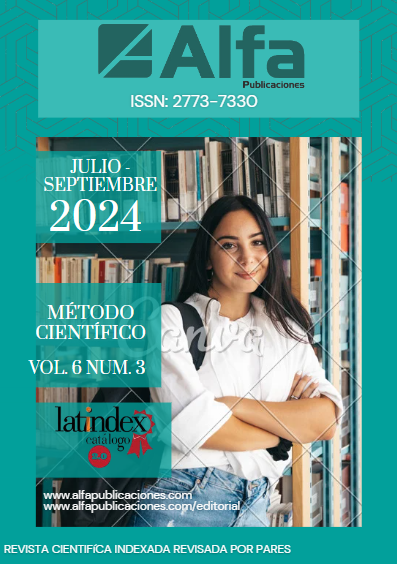El plagio académico
##plugins.themes.bootstrap3.article.main##
Resumo
Introducción: actualmente, el plagio se ha convertido en un problema importante a nivel global, lo cual constituye una violación a los derechos de autor y una falta de respeto moral. El presente artículo primero explicará el concepto de plagio y luego examinará sus efectos a nivel académico y profesional, para ayudar a prevenir el plagio futuro, se debe inculcar valores y mejorar la educación sobre el tema. Objetivo: motivar a los docentes y estudiantes a reflexionar sobre la importancia de implementar estrategias que permitan desarrollar valores y habilidades para evitar el plagio académico. Método: se realizó una revisión sistemática siguiendo la metodología PRISMA, donde se seleccionaron y analizaron 20 artículos después de un proceso de cribado exhaustivo. Resultados: los estudiantes pierden coherencia y seguimiento de las consignas de las tareas cuando descubren que los docentes no leen las tareas y no usan sistemas de detección de plagio. Leer los trabajos de los estudiantes a fondo puede garantizar un mayor esfuerzo y aprendizaje. Los maestros contribuyen o motivan a los estudiantes a plagiar cuando los trabajos no se revisan con cuidado Conclusión: El fraude académico se puede evitar y detectar gracias a las facilidades de acceso y procesamiento de la información de las TIC. Sin embargo, para evitar este problema, se requieren estrategias de enseñanza-aprendizaje enfocadas en la educación en valores y el desarrollo de competencias. Tipo de estudio: Artículos originales
Downloads
##plugins.themes.bootstrap3.article.details##
dssfdsf
dsfdsf

